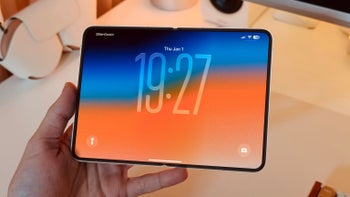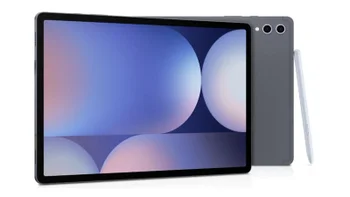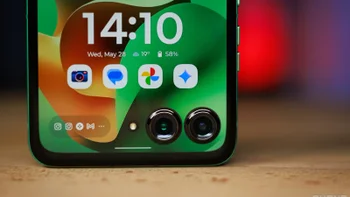New York gives up; state won't appeal decision in favor of T-Mobile merger

Last week, the $26.5 billion T-Mobile-Sprint merger took a giant step forward when Judge Vincent Marrero ruled against 13 state attorneys general and the AG of Washington D.C. The states and the District of Columbia had filed a lawsuit in an attempt to get the merger blocked; the plaintiffs feared that with the loss of Sprint and the resulting 25% drop in major U.S. carriers, the pricing for wireless service would shoot up. While T-Mobile celebrated the decision, there are still a couple of hurdles that the deal must clear. And the states could appeal Judge Marrero's decision.
An appeal does seem less likely to occur now that New York State attorney general Letitia James has announced that New York will not appeal the decision. Since James was one of the most vocal opponents of the merger, her decision not to appeal could be an indication that the other states also plan on ending the battle. In a press release she said, "I’d like to thank California Attorney General Xavier Becerra and the 12 additional attorneys general from around the nation for their partnership throughout this lawsuit. After a thorough analysis, New York has decided not to move forward with an appeal in this case. Instead, we hope to work with all the parties to ensure that consumers get the best pricing and service possible, that networks are built out throughout our state, and that good-paying jobs are created here in New York. We are gratified that this process has yielded commitments from T-Mobile to create jobs in Rochester and engage in robust national diversity initiatives that will connect our communities with good jobs and technology. We are committed to continuing to fight for affordability and access for all of New York’s mobile customers."
T-Mobile still needs approval from the California Public Utility Commission
For the merger to close, the California Public Utility Commission (PUC) must give thumbs up to the transaction; in addition, Judge Timothy Kelly will have to decide whether the Justice Department's deal with Sprint and Dish is in the public interest. Judge Kelly had extended his Tunney Act review of the merger until the middle of this month. The DOJ agreed to sign off on the deal after Sprint agreed to sell its prepaid businesses to Dish Network for $5 billion. Dish will also receive 9.3 million prepaid customers, 7,500 retail locations, 14MHz of 800MHz spectrum and will sign a seven-year MVNO contract with T-Mobile. This will allow Dish to offer wireless service under its own name while it builds a standalone 5G network.

T-Mobile wants the merger to close so that it can obtain Sprint's mid-band spectrum
Speaking about 5G, the merger between T-Mobile and Sprint is all about the former's desire to obtain Sprint's rare mid-band spectrum. T-Mobile wants to add the 2.5GHz airwaves to its 600MHz low-band and mmWave high-band signals to enhance its nationwide 5G network. With these airwaves, T-Mobile will be able to offer 5G service to rural Americans. During the trial, T-Mobile CEO John Legere testified that if the merger closes, the carrier will have "triple the total 5G capacity of standalone T-Mobile and Sprint combined." If the deal doesn't get done, Legere says that in some markets, T-Mobile will "exhaust capacity in the next two to four years."
Even if all of the obstacles are overcome, T-Mobile might seek to renegotiate the terms of the deal. Remember, the merger was announced on April 29th, 2018 and after one extension, the merger agreement between the two carriers expired last November 1st. Considering that T-Mobile is the fastest growing of the four major wireless operators and Sprint is, well, Sprint, it wouldn't be surprising if T-Mobile were to change its offer. On the other hand, that would be a gamble on the carrier's part. It really needs Sprint's mid-band spectrum and while the FCC plans on holding an auction of mid-band airwaves, that isn't expected to take place until the end of the year.
Under the current terms of the deal, each Sprint stockholder will receive .10256 of a T-Mobile share for each share of Sprint they own. If T-Mobile does renegotiate
a better deal, that figure would decline.
Follow us on Google News












Things that are NOT allowed:
To help keep our community safe and free from spam, we apply temporary limits to newly created accounts: